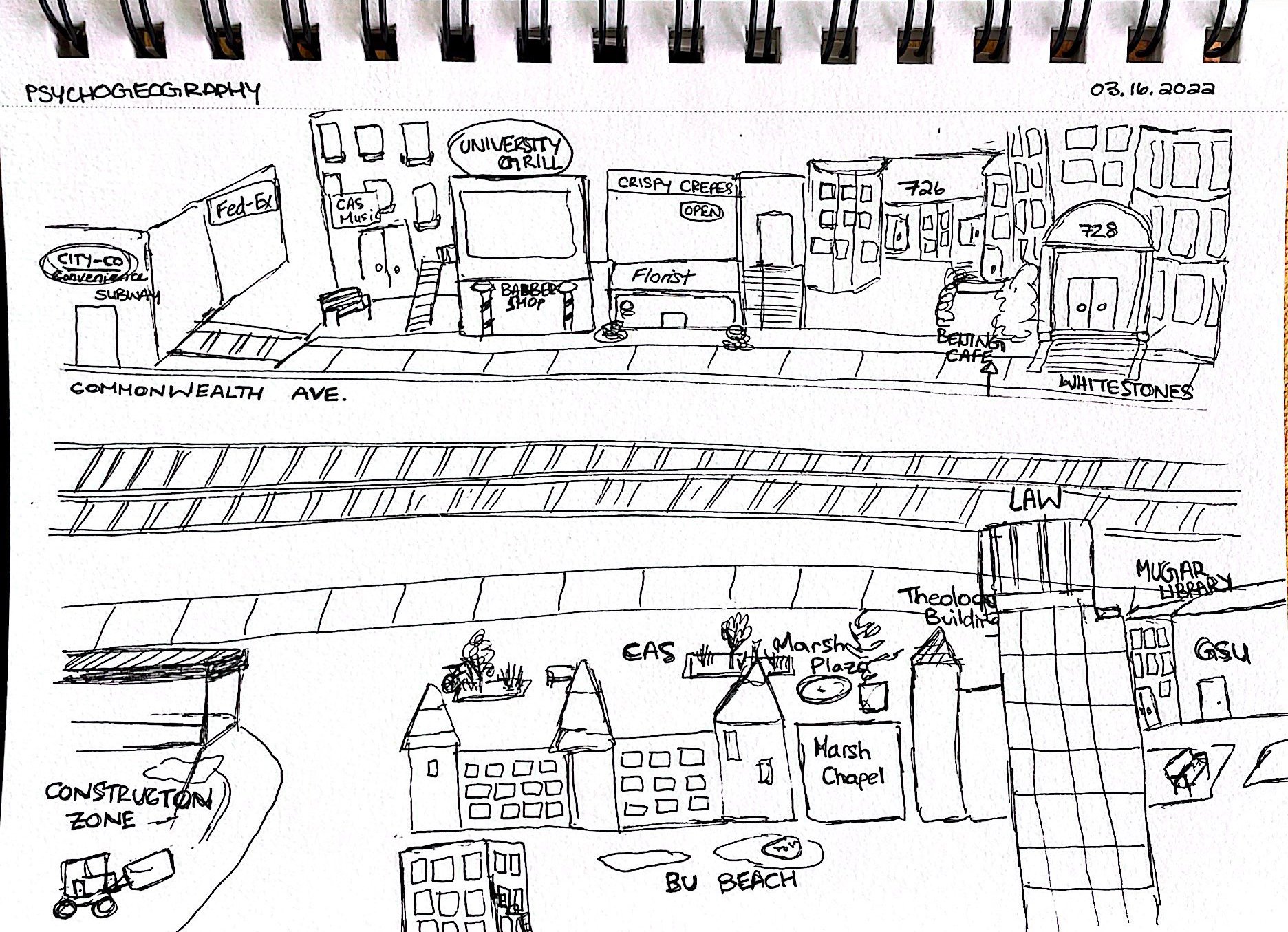Sanjana Prudhvi
NEW Report: Gentrification and the Housing Crisis of Boston: How does Homelessness affect accessibility to healthcare?
While many Bostonians continue struggling to find housing, the city is trying to help some of those priced out.
“The community has been disinvested over time, and that has deteriorated the population's social, economic, and political conditions. When wealthier people move in, money is reinvested into the neighborhood, but the original inhabitants are economically locked out of wealth creation. In a sense, this becomes another form of colonialism in the United States.”
However, gentrification is a nationwide issue, affecting individuals from across the country, not just in Boston. For example, it is estimated that over 2,000 people experience homelessness on a given night on the streets of Boston, without electricity, running water, or even a place to put their trash.
In 2019, Los Angeles had over 50,000 individuals experiencing homelessness, over 60% of which have experienced physical disabilities, serious mental illness, and substance abuse disorders. In other words, healthcare is also crucial for helping to uproot the homeless epidemic.
However, hope is not lost:
Humanitarian organizations like Boston Health Care for Homeless Program and Westminster Free Clinic in Thousand Oaks, CA, aim to improve the health of individuals affected by poverty. Such programs ensure uninsured individuals have access to comprehensive care.
NUEVO Informe: La gentrificación y la crisis de vivienda en Boston: ¿Cómo estar sin techo puede afectar el acceso a servicios de salud?
Mientras muchos bostonianos siguen luchando para encontrar donde vivir, la ciudad está intentando ayudar a algunos que han sido desplazados.
“A lo largo de los años, se ha dejado de invertir en la comunidad. Eso ha deteriorado las condiciones sociales, económicas y políticas. Cuando personas más adineradas se mudan a un lugar, se vuelve a invertir en un vecindario pero los habitantes originales no tienen acceso a esa creación de riqueza. De cierto modo, esto resulta en otro modo de colonialismo en Estados Unidos.”
No obstante, la gentrificación sucede a nivel nacional y afecta a personas no solo en Boston sino en todas partes del país. Por ejemplo, aproximadamente 2,000 personas viven sin techo en las calles de Boston. No tienen acceso a electricidad, agua potable, o alcantarillado..
En 2019, en Los Ángeles había más de 50,000 individuos sin techo. Más de 60% de ellos sufrían de discapacidades físicas, enfermedades mentales serias y desórdenes de abuso de drogas. Es decir, la asistencia de salud también es fundamental para poner fin a la epidemia de estar sin techo, sin embargo, no hemos perdido la esperanza: organizaciones humanitarias como Boston Health Care for the Homeless Program y Westminster Clinic in Thousand Oaks, California pretenden mejorar la salud de las personas afectadas por la pobreza. Tales programas aseguran que las personas sin seguro médico tengan acceso a atención médica comprensiva.

